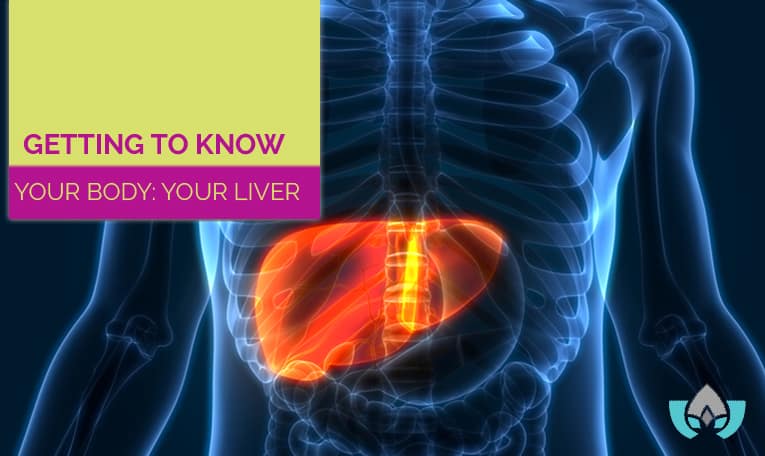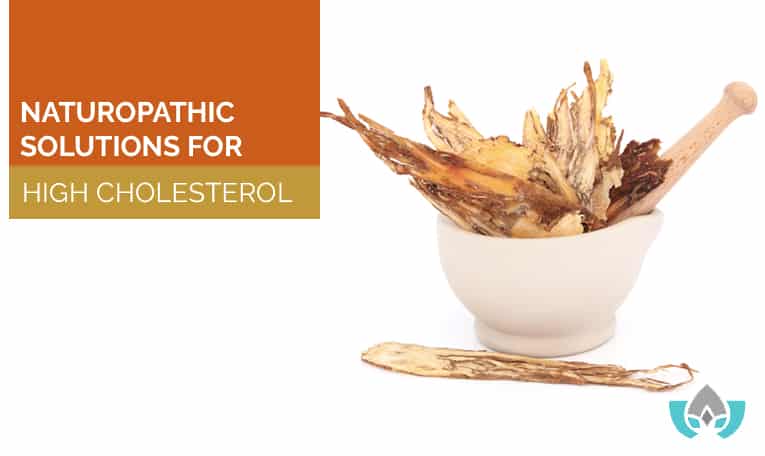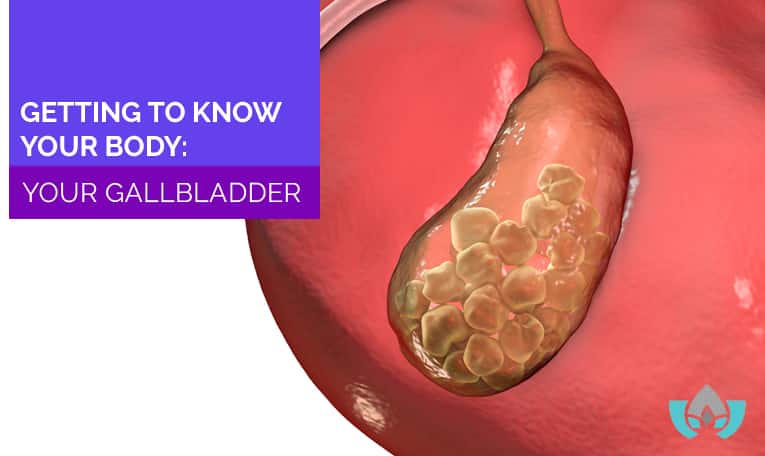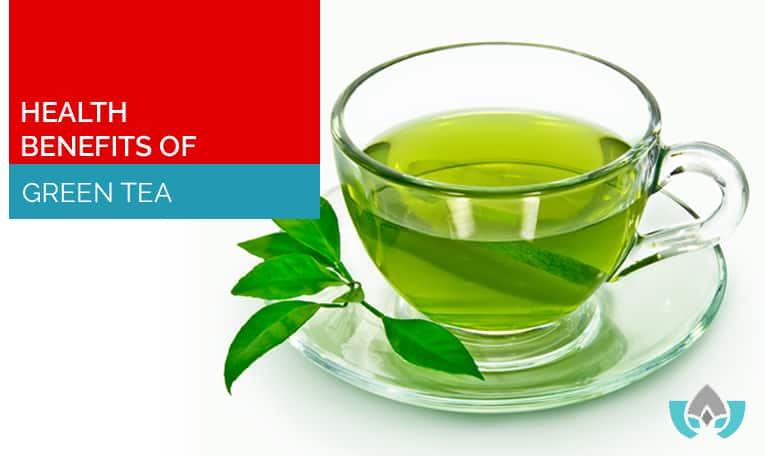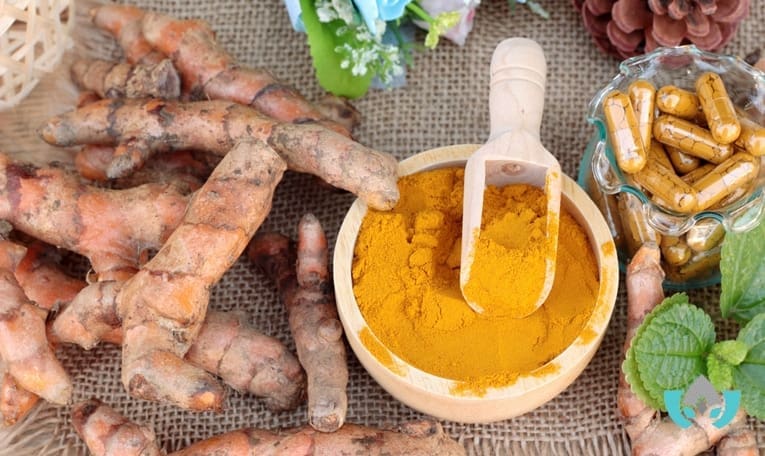

There are a lot of ways you can easily adjust your diet to be more environmentally friendly.
A change as small as consuming more plant based products and lowering your consumption of animal based products will lower your environmental impact significantly.
Plus, it can also keep you healthy and balanced.
But, as always when changing your diet, it’s important to ensure that you’re still getting the nutrients your body needs to be healthy.
Now, if you’re looking for naturopathic diet and nutrition counseling, there are a lot of great options to consider that can tailor their approach to your personal health goals.
Especially if your goal is to eat a nutritious, environmentally friendly diet.
Let’s find out more.
What Is An Environmentally Friendly Diet?
An environmentally friendly diet is a diet with eating habits that aim to consciously reduce your impact on the environment and in your community.
There are a number of different aspects to this.
It’s important to consider what foods you’re eating, when, and even why you’re eating those foods.
The goal is to build a picture of the systems that surround the foods you eat.
This will make it easier to pick choices that minimize your contribution to the environmental harm that system creates.
It may be overwhelming to think about, but every choice you make in the supermarket has an impact on the environment.
How To Create An Environmentally Friendly Diet
There are a number of ways to create an environmentally friendly diet.
You have to consider your entire food habits.
Everything from the types of food you eat, to how you cook and store that food, has an impact.
Keep reading for further tips on ways to immediately adopt an environmentally friendly diet.
1. Eat Local
Eating local is a great way to make your diet more environmentally friendly.
The environmental impact of buying food flown in from a far off country is much higher than buying from local producers.
You can explore seasonal farmers markets to find local produce, which minimizes the environmental impact because of the shorter distance it had to travel to get to your house.
This shorter distance means less fuel was burned and less carbon was created.
2. Focus On Plant Based Foods
Adding plant based foods is a great tip to both reduce your environmental impact and improve your general nutrition.
This is because fruits, vegetables, legumes, nuts, and whole grains require significantly less water during production than animalbased foods.
Plus, they are sustainable sources of the essential vitamins, nutrients, and proteins needed for a healthy diet.
Some of the foods commonly grown here in Ontario include:
- Carrots
- Apples
- Ginkgo biloba
- Grapes
- Peaches
- Blueberries
- Potatoes
- Sweet corn
- Peas
- Tomatoes
- Beets
- Broccoli
- And much more
For a full list, take a look at the Ontario Fruit & Vegetable Growers’ Association website.
Sometimes, focusing on eating more local produce can encourage you to begin experimenting with different diet options, including a raw food diet.
3. Eat Less Meat
Eating less meat is a really important way you can eat an environmentally friendly diet.
Meat production is a substantial contributor to greenhouse gas emissions.
Not to mention the environmental impact of raising and transporting livestock.
It requires more food, water, land, and energy than plant based foods.
Plus, eating too much meat is not the best and can lead to other health problems, especially when you’re eating processed meats.
4. Practice Mindful Eating
Mindful eating is the practice of being fully aware of your eating habits.
This includes making the time to eat healthy foods, really being present while you eat, and understanding the difference between hunger and appetite.
You might wonder how these will help you to make thoughtful, environmentally friendly eating choices.
So, let’s go through some of them.
Being fully present while you eat allows you to keep track of how much you’re eating.
This way, you can see if you’re overeating or under eating.
You’re more inclined to overeat, especially if you’re binging on junk food that’s high fat and low nutrition like potato chips, if you’re not paying attention while you eat.
Another thing to keep in mind is the difference between hunger and appetite.
Hunger is the body signals your body sends when it requires you to eat food.
Appetite is the desire for food that is triggered by our senses, our surroundings, or our emotions.
This difference is key because one is your body’s needs vs. something you may not need at that time.
Being aware of the state your body is in can help you to make better decisions about what and when you eat.

5. Learn How To Store Your Food
Finally, food storage can be a game changer.
This is because every time you cook, you use energy and resources which adds to your environmental impact.
Instead, making extra food or bigger portions when you cook to store and eat as another meal can be a great tip for making your diet more environmentally friendly.
Plus, it’ll save you time so that you’ll have quick meals ready to go.
One thing to remember if you’re interested in trying this is to keep your fridge and freezer organized.
Labels are a great resource to use in order to know what to eat by what date.
The other aspect of this is to make sure you use proper food storage in order to extend the life of your items.
Some examples of food storage strategies include:
- Store greens and fresh herbs in a sealed bag to reduce oxygen flow and maintain nutritional value
- Store citrus fruits in a mesh bag to improve oxygen circulation, which helps them last longer
- Store mushrooms in a paper bag which will absorb the extra moisture and allow them to breath
- Remove the green stalks of carrots to preserve their nutrients
- Keep your fresh berries dry and don’t wash them until you’re ready to eat them
- Wrap your celery in tin foil so their natural ripening agents are released and keep them fresh longer
Both of these strategies will help you to eliminate food waste.
Book Your Appointment With The Mindful Healing Clinic Today
You can see there are many easy ways you can adjust your diet in order to make it more environmentally friendly.
The important thing to remember is to make sure you’re getting all the right nutrients your body needs.
This is especially true if you are reducing your meat and animal product consumption to a more plant based diet.
A naturopathic doctor is a great resource to look into so that they can help you stay on track with your diet to achieve your health goals.
Book an appointment today with the Mindful Healing Clinic today to get started and speak to one of our experienced naturopathic doctors.



